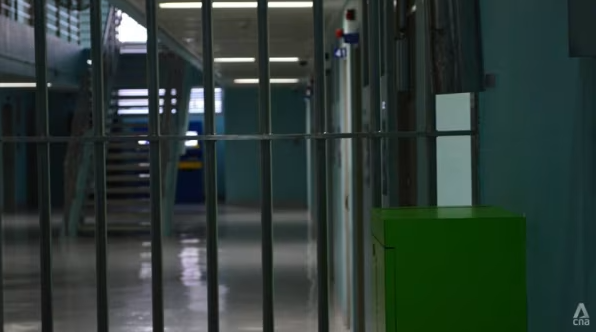SINGAPORE: A violent encounter where 10 gang members, armed with weapons, attacked the parents of a rival gang member has underscored the continued ne
SINGAPORE: A violent encounter where 10 gang members, armed with weapons, attacked the parents of a rival gang member has underscored the continued need for the Criminal Law (Temporary Provisions) Act (CLTPA), said Minister of State for Home Affairs Muhammad Faishal Ibrahim. In Parliament on April 3, he argued that the Act, which enables detention or police supervision without trial, remains essential for tackling gang violence and organized crime.
Renewed for the 15th time for an additional five years, the CLTPA grants the Minister for Home Affairs authority to impose a 12-month detention order or a three-year police supervision order when prosecution is not viable—often due to witnesses fearing retaliation. From October 2019 to December 2023, 123 individuals were handled under the Act, including 86 detentions and 37 supervision orders. The Act has also been used to disrupt activities of unlicensed moneylending syndicates involved in widespread harassment of debtors.
Despite Singapore’s lower gang activity compared to other countries, “they remain a threat to public order and security,” said Faishal, highlighting that gangs recruit young Singaporeans and engage in illicit activities.
The Ministry of Home Affairs has implemented several safeguards to ensure the Act’s powers are used carefully. The home affairs minister must first obtain the public prosecutor’s permission before issuing detention or supervision orders. An advisory committee, chaired by a Supreme Court judge, reviews each case annually and provides recommendations to the President on detainees’ suitability for release. Cases extended beyond ten years receive further advisory committee review, and detainees are informed of detention grounds and allowed legal counsel.
The President, acting on the Cabinet’s advice, has the final say in confirming, varying, or canceling the detention orders.



COMMENTS